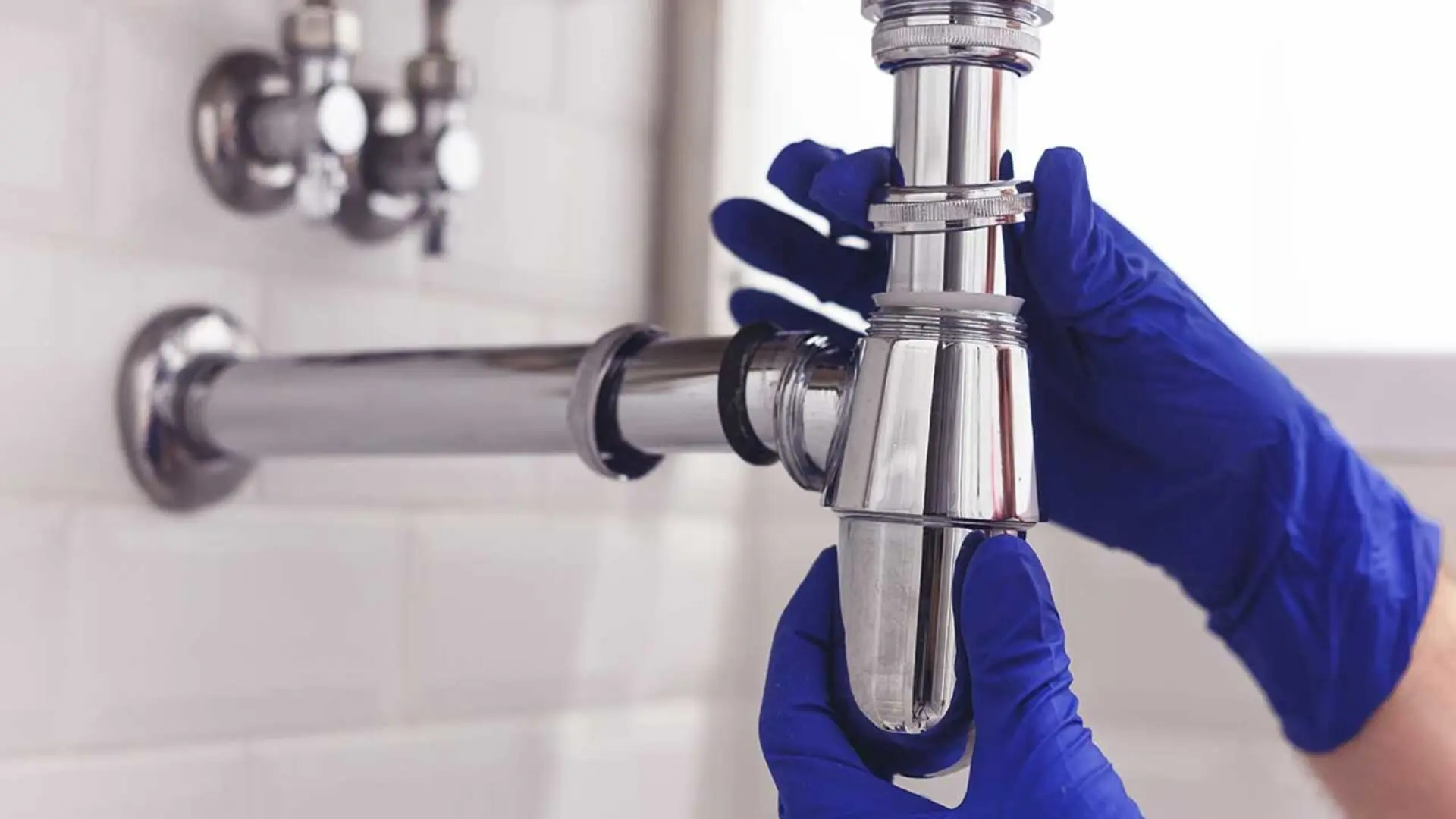
With Brisbane's fluctuating climate and occasional drought conditions, water conservation is not just a smart choice—it’s a necessity. Homeowners across the city are increasingly seeking ways to reduce water consumption, save money, and support sustainable living. Implementing water-efficient practices doesn’t require major changes. Small upgrades and habit shifts can lead to big savings for both your wallet and the environment.
Install Water-Efficient Fixtures
Upgrading your home with water-efficient fixtures is one of the easiest and most impactful changes you can make. Consider installing low-flow showerheads, dual-flush toilets, and aerated taps. These fixtures are designed to reduce water flow without compromising performance. Look for products with a high WELS (Water Efficiency Labelling and Standards) rating, which ensures they meet Australian water-saving standards.
Fix Leaks Promptly
Even a slow-dripping tap or a hidden pipe leak can waste hundreds of litres of water each year. Brisbane homeowners should regularly check for signs of water leaks, such as damp patches, mould, or an unexpected increase in water bills. Hiring a licensed plumber to inspect and repair leaks quickly will prevent water waste and protect your home from potential water damage.
Use Water-Smart Appliances
Modern dishwashers and washing machines are designed to use less water and energy. If your appliances are more than 10 years old, consider upgrading to newer, water-efficient models. When purchasing, check the WELS rating and choose appliances that suit your household size and water-saving goals. Using full loads and eco-cycles can also boost efficiency.
Rethink Your Landscaping
Outdoor water use can account for a significant portion of household consumption, especially in warmer months. Replace thirsty lawns with native or drought-tolerant plants that thrive in Brisbane’s climate with minimal watering. Installing mulch around garden beds helps retain moisture, while drip irrigation systems deliver water directly to plant roots, reducing evaporation and runoff.
Harvest Rainwater
Installing a rainwater tank is an excellent way to reduce reliance on mains water. Brisbane homes can benefit from capturing rainwater for garden irrigation, toilet flushing, and even laundry use. Make sure your tank is properly installed and maintained, and ensure it’s compliant with local council regulations. A plumber can help you connect your rainwater system to internal plumbing safely.
Be Mindful of Daily Habits
Simple changes in daily routines can significantly reduce your water footprint. Turn off the tap while brushing your teeth, take shorter showers, and avoid using running water to thaw food. Waiting for hot water? Collect the cold water in a bucket and use it to water plants or clean around the house. These small efforts add up over time.
Upgrade Your Hot Water System
Older hot water systems can waste both energy and water. Consider switching to an instantaneous or solar hot water system that heats water only when needed. This reduces water wastage while waiting for hot water and lowers energy costs. Speak to a licensed plumber about the best options for your Brisbane home based on usage and household size.
Monitor Your Water Usage
Keeping track of your water consumption can help you identify patterns, detect problems early, and adjust habits accordingly. Use your water meter or smart water monitoring systems to keep an eye on usage trends. Brisbane City Council also provides useful tools and programs to encourage water-wise living.
Conclusion: Small Steps, Big Impact
Adopting water-efficient practices in your Brisbane home is a win-win. Not only will you save money on utility bills, but you’ll also contribute to a more sustainable future. Whether it’s installing water-saving devices, rethinking your garden, or making small behavioral changes, every drop saved counts. For expert advice or help with installations and inspections, contact a licensed local plumber who understands the unique needs of Brisbane homes.

 Call Refresh Plumbing
Call Refresh Plumbing




